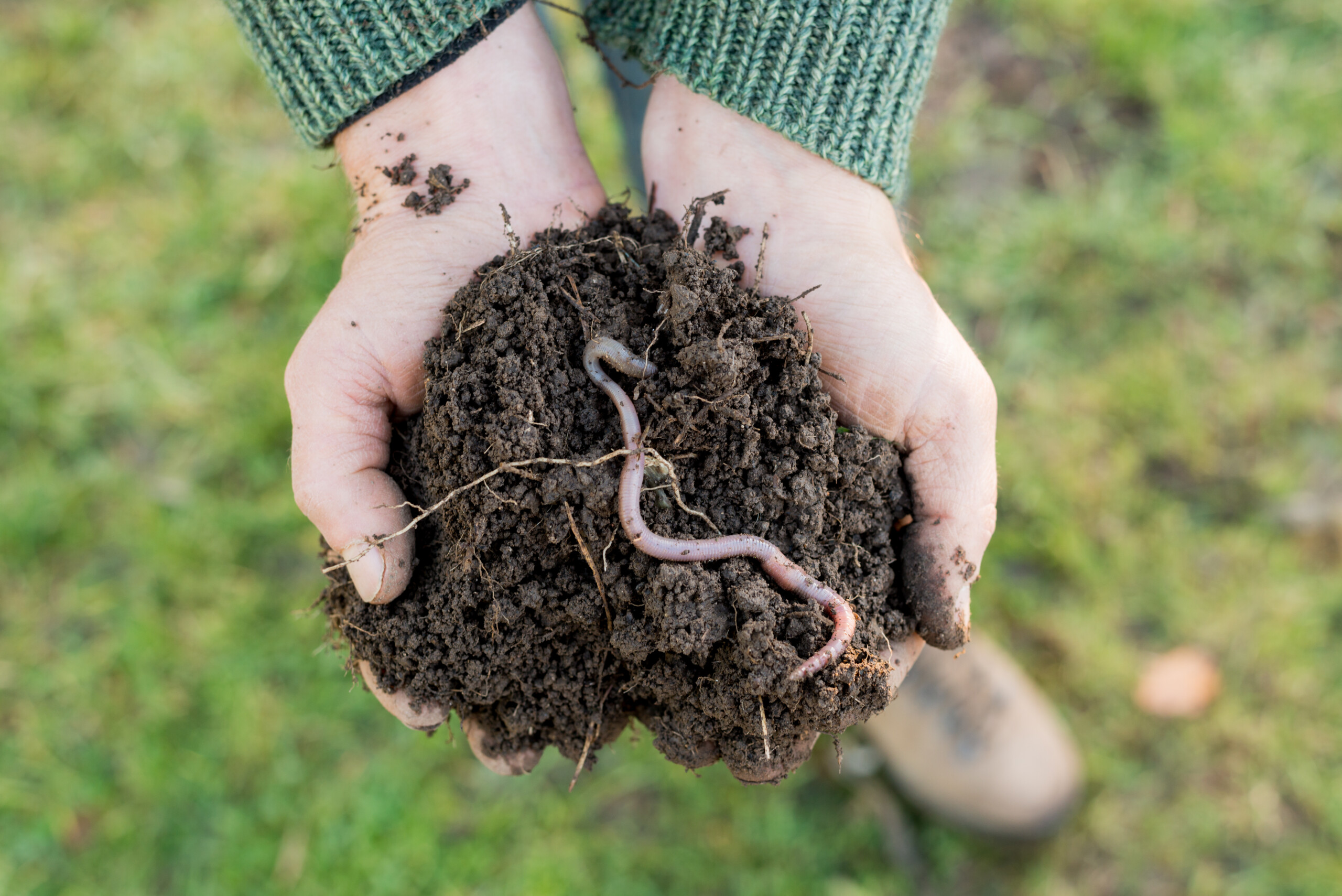Home composting
Home composting is an additional form of organic waste treatment, which is suitable for certified home compostable products. EUBP supports the Commission’s view that home composting should only be considered in the context of specific local conditions. Home composting is not a professional waste management activity, but a private gardening practice carried out on private premises. It is also not available throughout the year due to seasonally fluctuating and generally geographically diverse ambient temperatures.
Home-composting – if done properly – can have benefits compared to landfilling and incineration of organic waste: due to lower volumes of waste collected from households it may lead to reduced waste management fees, and it produces compost for private gardening use. However, as with landfilling, home-composting bears the risk of producing greenhouse gases. What is more, some types of kitchen waste with particularly high energy content, such as meat and fish, are not suitable for home-composting. While home-composting can complement industrial composting and biomethanisation in AD plants, it cannot replace it. European Bioplastics recommends the separate collection of organic household waste with a dedicated kerbside waste collection system and subsequent organic recycling in industrial composting or AD plants.
Home-composting should only be considered as an additional option for the treatment of organic waste, especially for garden waste.
